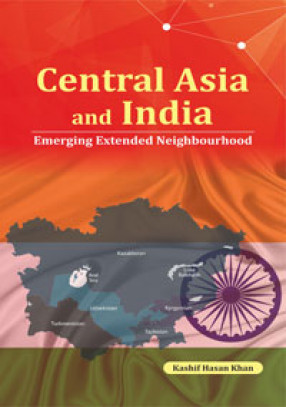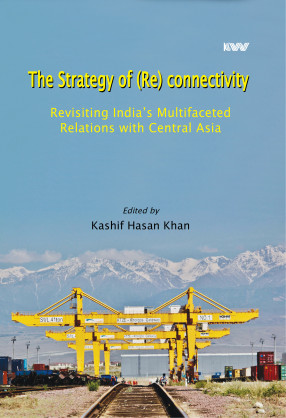Central Asia and India: Emerging Extended Neighbourhood
Relations between India and Central Asian countries are centuries old. Despite having deep historical and cultural ties, the two regions have not been very successful in establishing strong economic and trade ties. This unsatisfactory performance is attributable to a host of factors, the chief being poor logistics, transportation difficulties, and geo-political situations. Nevertheless, a good trade relationship with the Central Asian Republics is of high strategic importance for India. The countries of Central Asia have enormous amount of energy resources, which could help meet India’s ever increasing energy requirements. These countries have a huge consumer market for a range of goods and services produced in India. Therefore, Central Asia holds a very significant position in India’s foreign policy discourse. Obviously, India has made this region a significant part of its extended neighbourhood policy. Central Asia region consists of five culturally and ethnically diverse countries that have followed different paths to political and economic transformation since achieving independence from the erstwhile Soviet Union. Kazakhstan and Kyrgyzstan have, in relative terms, made strides in market reforms while Turkmenistan and Uzbekistan have not yet completed their transitions to market economies. Tajikistan represents an intermediate case. The present volume contains seven research articles authored by scholars specializing in the field of India-Central Asia relations. Their studies provide deep insights into various facets of these relations, adding immensely to the existing literature on the subject.
Get it now and save 10%
BECOME A MEMBER








Bibliographic information